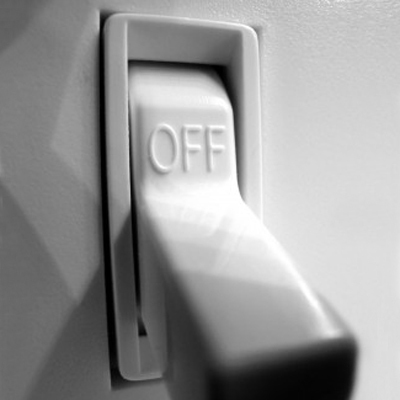Do
you remember way back in September of this year California signed law to raise
minimum wages? Yes, September 2013 may
be a long time ago and you have already forgotten, but California signed into
law pushing minimum wage towards $10.00 an hour! Minimum wage will go up to $9.00/hr by July
2014, then $10 by January 2016. Woohoo! Our pay will go up now right? Probably not.
 Life
will be more expensive for everyone. Inflation. You will lose purchasing power. Feel free to use the same tool economists do use
to determine purchasing power; Big Macs
from McDonald. Economist use
the amount of time that an average worker in a given country must work to
earn enough to buy a Big Mac. In simple
terms, at the end of the day, if you can afford more Big Macs than the other
guy, then you have more purchasing power...which means you can buy more goods
than the other person.
Life
will be more expensive for everyone. Inflation. You will lose purchasing power. Feel free to use the same tool economists do use
to determine purchasing power; Big Macs
from McDonald. Economist use
the amount of time that an average worker in a given country must work to
earn enough to buy a Big Mac. In simple
terms, at the end of the day, if you can afford more Big Macs than the other
guy, then you have more purchasing power...which means you can buy more goods
than the other person.
How
will any of this affect a buyer or seller in the real estate world? Well, you may have noticed there are a lot of
homes, especially this pass year that have been bought in a condition where it
needs remodeling. Then that wealthy
purchaser makes it pretty for the next home owner by doing some remodeling and
sells it for a profit. Viola! Usually that’s only doable when construction
costs are low. When minimum wages go up,
don’t you think that will push up construction costs? That’s where their declining purchasing power
will be apparent. They can’t afford as
much construction as they used to. So if
it doesn’t make sense money wise for a wealthy purchaser to buy, remodel, and
resell any more, then there won’t be as many homes out there remodeled waiting for
you!
Buyers
will have to do the construction themselves.
However, after putting up the down payment and paying closing costs...you
really doesn’t have too much to spend.
It really can be a lose lose situation for you...and of course Big Mac lovers when the minimum wage moves up. You may not be able to afford remodeling before selling, and you can’t afford much either after buying a new home.
Luckily for you, you still have some time before that minimum wage affects you!
It really can be a lose lose situation for you...and of course Big Mac lovers when the minimum wage moves up. You may not be able to afford remodeling before selling, and you can’t afford much either after buying a new home.
Luckily for you, you still have some time before that minimum wage affects you!
If you have any questions, feel free to contact James Y. Kuang at (626) 371-5662 or by email -james.kuang@coldwellbanker.com
www.EasyHomePricing.com
www.facebook.com/JamesYKuang







